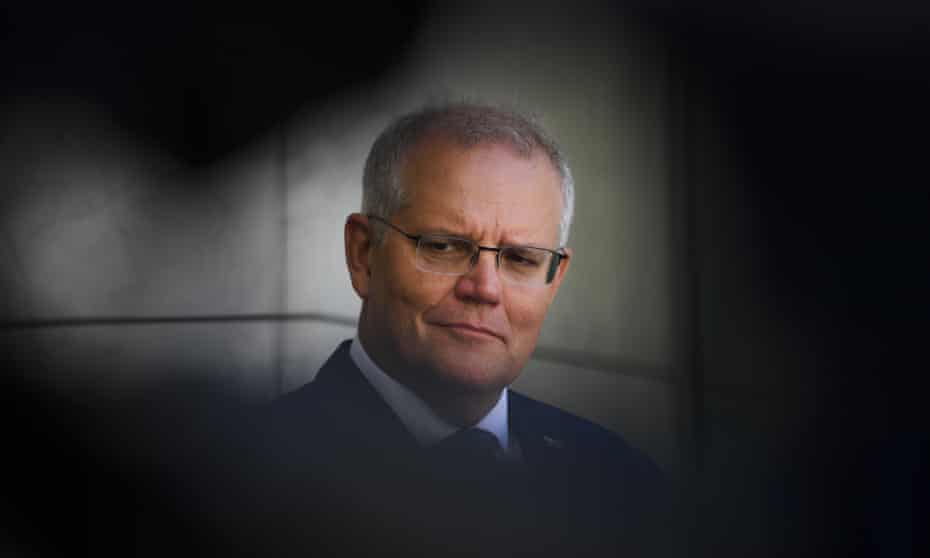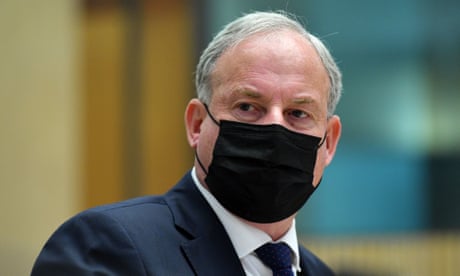Extract from The Guardian
Statistics are important, but it is the people behind them who inspire compassion. Their stories should force leaders to take responsibility

They’ll surely include tales of the months we could not leave our homes, of the empty toilet paper shelves in supermarkets, and the years when we reached for a mask when we went out, as instinctively as reaching for the keys.
But death will lead the stories. That’s what we have been afraid of, either personally, or for vulnerable friends and family. That’s our collective trauma. More than 5.7 million deaths around the world so far. More than 5,900 in Australia.
Somehow though, right in the thick of it, it’s not what we’re talking about.
It may be because we’re so busy coping day to day, taking one step at a time and not planning or thinking about what Covid-19 variant lies around the corner.
But it’s also because the discussion of death is conducted with statistics; numbers and graphs without human names and faces attached to them. If we are not directly affected, or frontline workers, it happens out of sight.
When governments were trying to persuade us to stay at home they brought weary health workers to press conferences and occasionally allowed reporters into hospitals.
Now we’ve been moved on to the “personal responsibility” phase, we get the bare figures, written to a formula. “Unfortunately X people in New South Wales lost their lives, including X in their 90s and X in their 80s.”
Even when Omicron tore through the nation and the death toll climbed alarmingly higher, we didn’t really confront it. We were all supposed to be getting used to “living with Covid”, just as more Australians were dying.
I note this not to dismiss the importance of statistics, nor to stoke fear, and certainly not to argue for a return to lockdowns. But it is important that human stories are not diminished or obscured by the numbers. Stories inspire compassion. They force decision makers to take responsibility.
Which brings me back to the deft deployment of numbers.
At its mildest it happens with the daily report on how many of the dead had “underlying conditions”, possibly as a signal to healthy people to worry a bit less. The Omicron variant is milder. But the term “underlying conditions” covers ailments suffered by millions, and as the Burnet Institute’s director Prof Brendan Crabb pointed out, what distinction are we really trying to draw? Just because someone has “underlying conditions” doesn’t mean their death is less tragic.
More overt are the politicians hiding behind statistics when faced with the rising death toll, particularly the crisis in aged care.
The minister for aged care services, Richard Colbeck, when challenged about the obscene absence of those services at a make-up parliamentary committee after he skipped the last one to attend the cricket, insisted the sector was performing “extremely well”. And yes, he backed that extraordinary assertion with statistics.
As political reporter Paul Karp wrote, Colbeck noted in 2020 there were 28,000 Covid cases in Australia, of which 2,051 were in aged care (7.2%), but now of the 1.8m cases, just 10,500 were in aged care (0.58%). He didn’t add that those “just” 10,500 cases have resulted in 650 deaths since last July.

The health minister, Greg Hunt, sought refuge in a different set of numbers when asked about aged care mortality.
“I think an important piece of information as well, the latest advice that I have is that approximately 60% of those that have agonisingly passed have been in palliative care,” he said.
Medical editor Melissa Davey reported this week that aged care and health workers considered it pretty disrespectful to appear to rationalise that the elderly patients were going to die anyway.
The prime minister, Scott Morrison, goes even further, trying to claim credit for people who haven’t died.
“We have saved 40,000 lives based on looking at the average among the OECD,” he says whenever he can possibly fit it into an interview, a comparison skewed by Australia’s relatively lower death rate in the first years of the pandemic.
Early in the pandemic Guardian Australia began a series called Lives Lost to Covid, to record the stories of those who had died, when their families and friends were ready to tell them. We wanted to know about their loves and losses and idiosyncrasies and adventures. This week reporter Tory Shepherd has returned to the series, recounting the life of Sue Rees as remembered by her daughter Bec.
Whatever history makes of these Covid years, people like Sue must be part of the story.
No comments:
Post a Comment